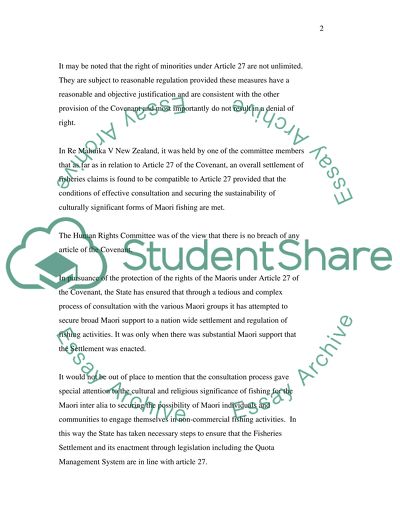Cite this document
(“The International Covenant On Civil And Political Rights Essay”, n.d.)
Retrieved from https://studentshare.org/law/1509709-graduatespecialized-level-law-essay
Retrieved from https://studentshare.org/law/1509709-graduatespecialized-level-law-essay
(The International Covenant On Civil And Political Rights Essay)
https://studentshare.org/law/1509709-graduatespecialized-level-law-essay.
https://studentshare.org/law/1509709-graduatespecialized-level-law-essay.
“The International Covenant On Civil And Political Rights Essay”, n.d. https://studentshare.org/law/1509709-graduatespecialized-level-law-essay.


